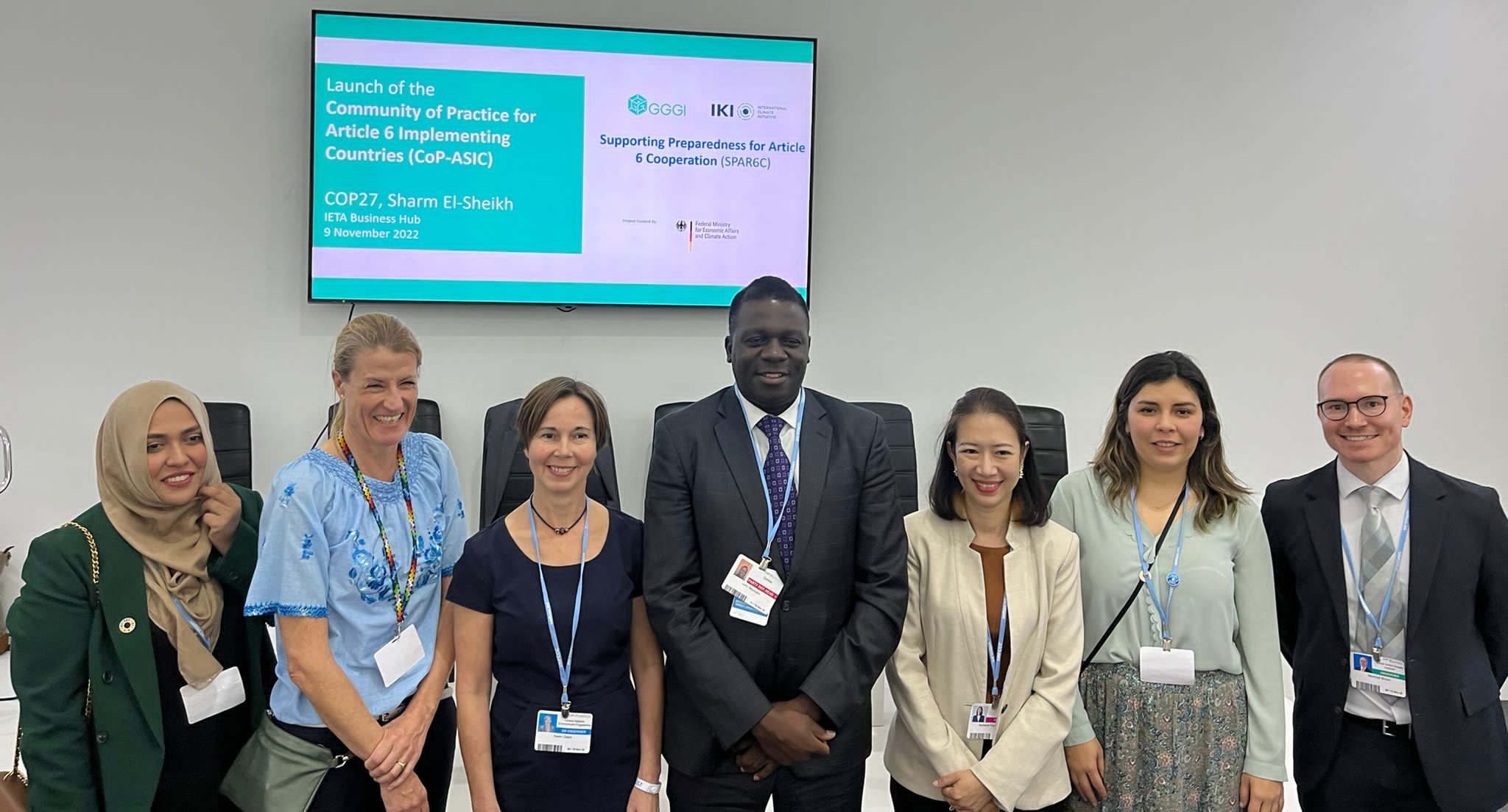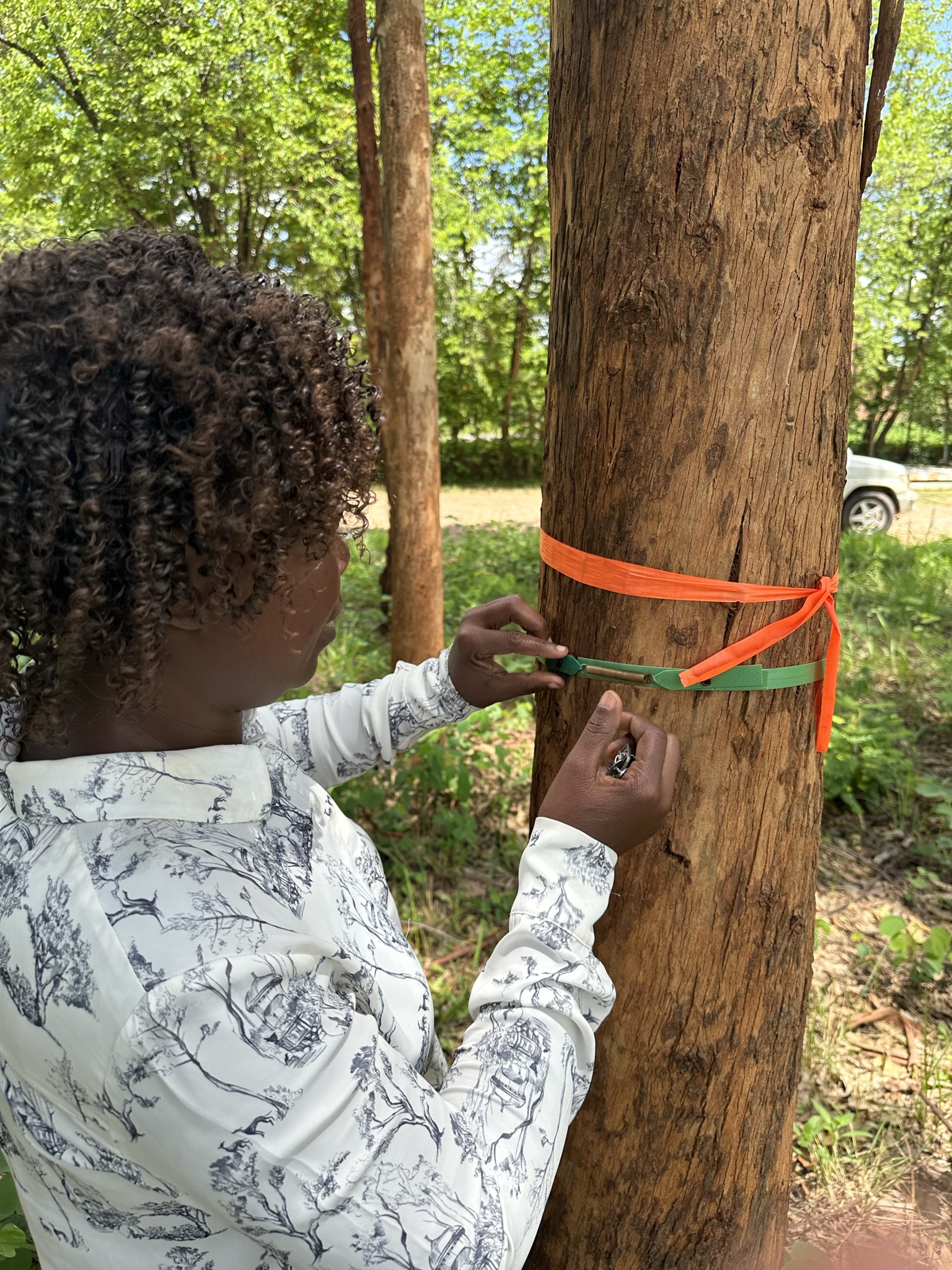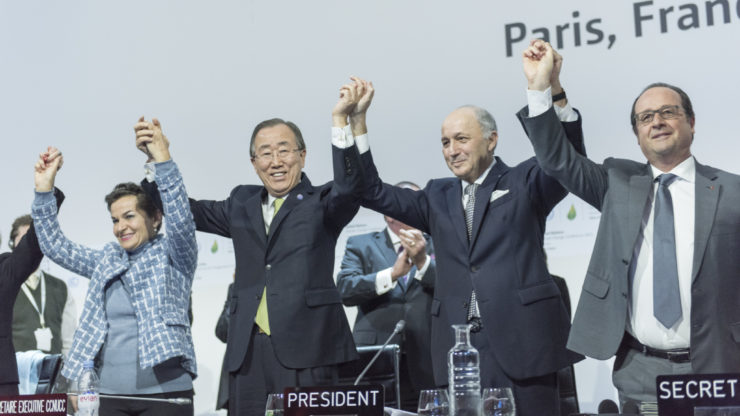Trading emissions in the global Article 6 carbon market has the potential to improve the cost-effectiveness of climate action, contributing to the much needed increase in both mitigation and adaptation efforts.
In Colombia, UNEP Copenhagen Climate Centre is leading the work with the academic community to see how to build the needed capacity for applied research to ensure the best outcomes of trading emissions under the Paris Agreement’s Article 6.
The work in Colombia is part of the efforts under Supporting Preparedness for Article 6 Cooperation (SPAR6C) consortium.
Through the Community of Practice for Article 6 Implementing Countries (CoP-ASIC), the Centre will work with academia in Colombia to assess how the SPAR6C can help address their needs and build capacity on cooperative approaches under Article 6.
The assessment has shown that knowledge on carbon trading and how it can increase climate action is scattered. However, the active relationships between the academia, the private sector and the government needed for capacity to be diffused and utilized are already there.
The CoP-ASIC work in Colombia follows the first steps of setting up the Article 6 community in Zambia earlier this year.
Creating and sharing knowledge on carbon markets for climate goals
Carbon markets under Article 6 of the Paris Agreement were designed as a tool for countries to improve the cost-effectiveness of emissions reductions to achieve their climate goals and commitments.
However, many countries lack the capacity to use carbon markets when it suits their interest. Meeting this need SPAR6C was launched in 2022, with the UNEP Copenhagen Climate Centre as one of the implementing partners.
SPAR6C directly supports Colombia, Pakistan, Thailand and Zambia in building their capacity to use Article 6 to engage the private sector in implementing and raising their climate ambitions. The goal is to enable cost-efficient, flexible, high integrity carbon markets with positive sustainability impacts.
The academic community in CoP-ASIC will play a role in this learning and preparation process to ensure the best outcomes. As an integrated part of SPAR6C the CoP-ASIC will engage representatives from academia, government, and the private sector in knowledge generation, sharing, and implementation across the participating countries.
Meeting local needs through Article 6
The first step in the CoP-ASIC is the assessment of the context and needs of the academic communities in each of the four partner countries.
In January and February, UNEP Copenhagen Climate Centre met twelve academic staff from five different Colombian universities in Bogotá and Medellín with a wide diversity of backgrounds. The purpose of the meetings was to raise awareness of SPAR6C among the academic community, understand the local research landscape and explore how the CoP-ASIC activities could be planned to best meet its needs.
Currently, Colombia accounts for less than 0.3% of global emissions, mainly driven by land change towards crops and pastures. As a result, a great deal of the planned mitigation efforts is focused on land use and forests. As the meetings with the academics confirmed, this is a complex matter where many issues ranging from land property and indigenous communities’ rights to environmental law, economic structures and governance frameworks intertwine.
Colombia is committed to reduce emissions by 51% by 2030 and achieve carbon neutrality by 2050, and because of the country’s vulnerability to the effects of climate change, adaptation figures prominently among the country´s priorities.
Using carbon markets under Article 6 is mentioned explicitly as a tool for Colombia to pursue its goals, in particular the goal to fully eradicate deforestation by 2030.
Exploiting synergies for the national context
The meetings with the academic community in Colombia showed that, although there are researchers working on climate change related topics in the country and a few graduate programs specifically targeting these issues have been set up in the last years, knowledge and expertise is scattered among universities, faculties and research groups.
With variation between universities, there is however an active relationship between academia, the private sector and the government. One of the needs identified during the conversation on how the CoP-ASIC can help Colombia, was more focus on streamlining cooperation with the private sector to create win-win scenarios for climate action.
In general, SPAR6C was received with a lot of interest from the academics and resulting in productive discussions on the possible synergies between SPAR6C and existing research lines and on how the CoP-ASIC could be organized to suit the national context and at the same time address their needs in the most effective way possible.


